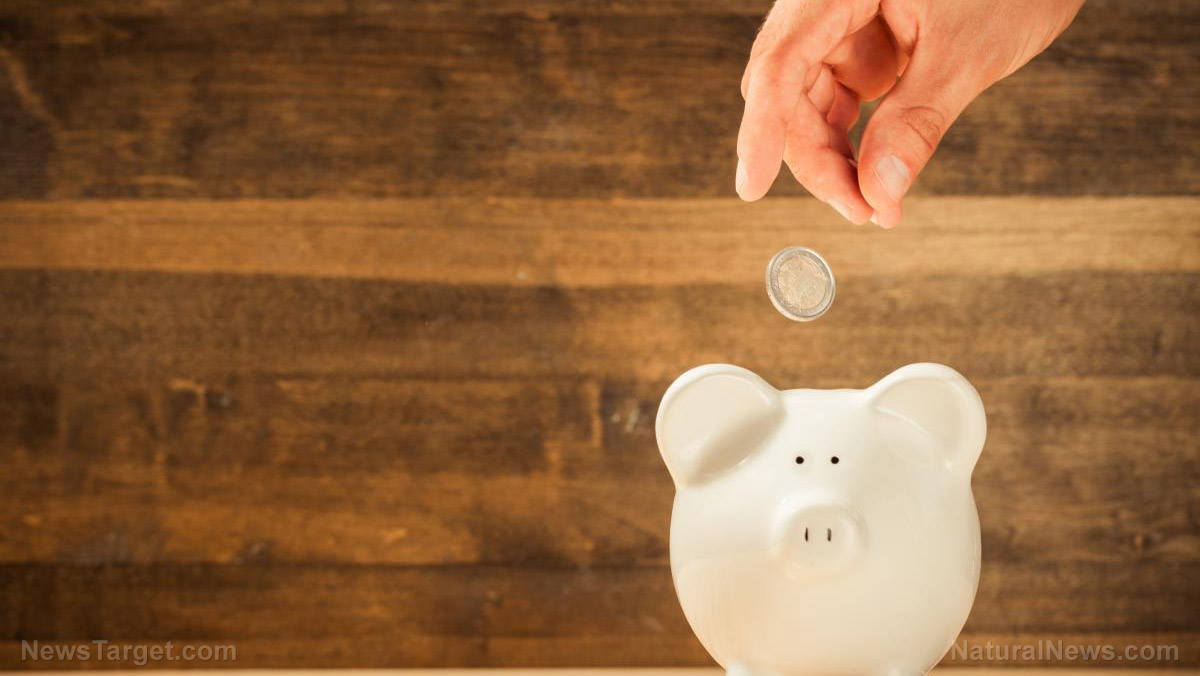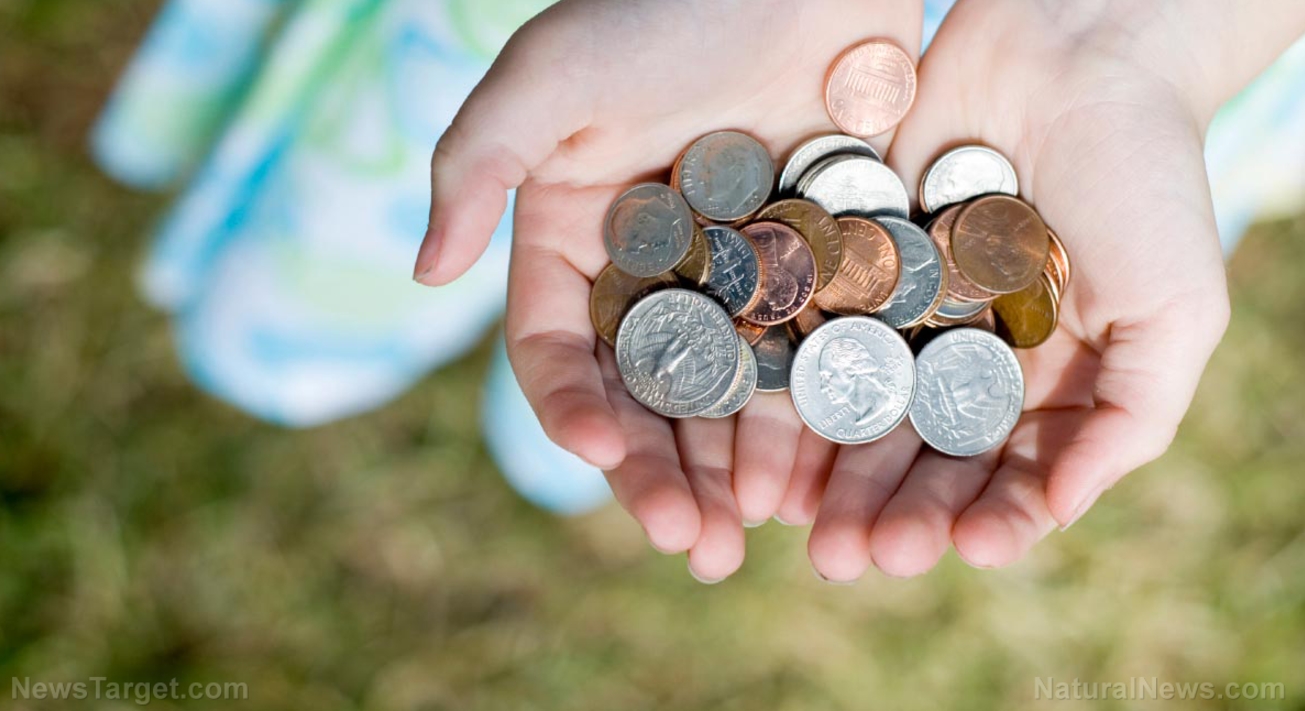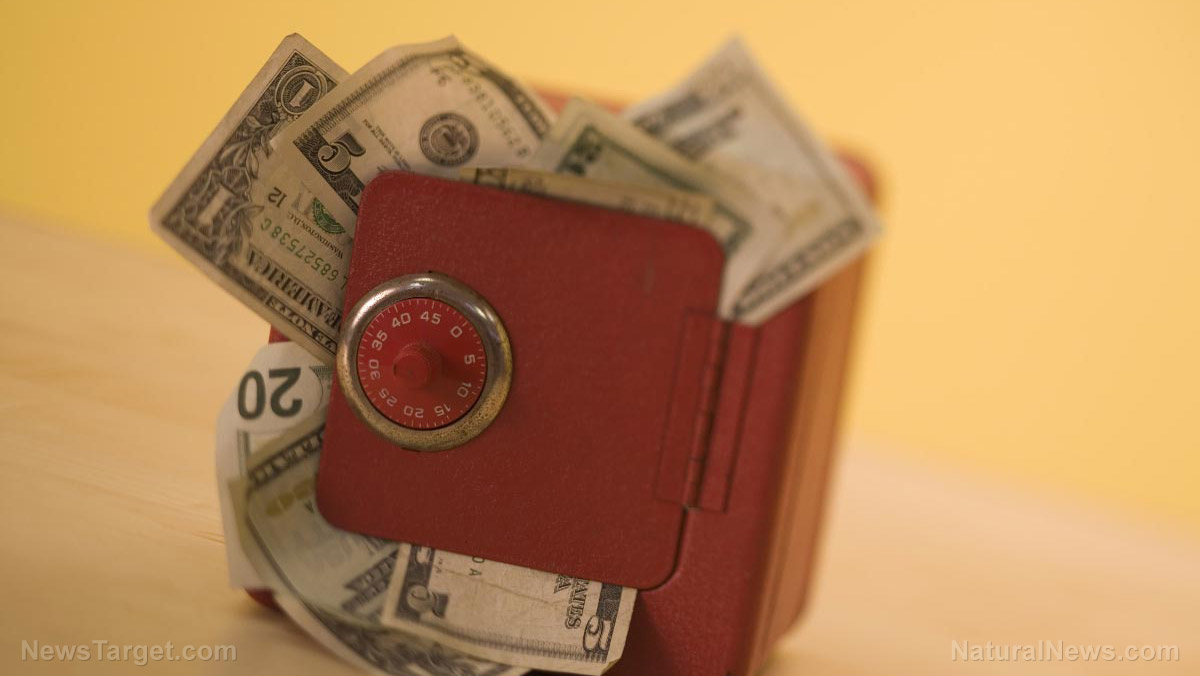
Financial preparedness is an important aspect of prepping. But it's also one that's often neglected by many people. They may have survival tools and gear, but it's no good if they're not financially ready. Medical emergencies are just one of the many emergencies that could cause you financial difficulty.
Medical emergencies often occur suddenly and have the potential to be devastating to both your mental health and finances. A study published in the American Journal of Public Health showed that medical bills are the leading cause of bankruptcies in the U.S. The study found that at least 530,000 families suffer bankruptcies every year due to illness or medical bills. (Related: Medical debts outweigh emergency savings for 25 percent of Americans.)
Having $1,500 in savings can give you some financial cushion. But medical bills can exceed that amount by a lot – especially if you don’t have health insurance. The average cost of a medical emergency can reach the price of a mortgage payment.
Experts from the John Hopkins School of Medicine revealed that charges from emergency room (ER) services can surpass Medicare rates. In some cases, the same services go as high as up to 13 times the Medicare cost. When an emergency strikes, people want to be taken care of immediately. Hospitals are aware of this, and they tend to take advantage of people and the insurance companies.
If you have the means, it’s best to pay off the entire balance at once. Oftentimes, hospitals give a huge discount if a balance is paid all at once. This will save you thousands of dollars in the long run. If you can’t pay fully, you could also offer a large amount of money upfront, which will still help keep your costs down. But you only have these options if you have an emergency fund and some cash saved beforehand.
Preparing for the cost of a medical emergency
Fortunately, there are some things you can do to be financially prepared for a medical emergency. Here are some of them:
- Keep your debts minimal or nonexistent – Try paying off your debts before an emergency hits. Then, start using the money that you used to pay debts to increase your emergency fund. Fewer payments going out each month most likely leads to having more money right at your disposal for an emergency fund. Paying off your debts as soon as you can saves you from living from paycheck to paycheck. Being financially secure could help relieve the mental stress of a medical emergency.
- Set a monetary goal – Start making small investments for your emergency fund. You can start by saving $1,500 first. Once you've reached that goal, move on to another. Don’t stop saving.
- Remove some unnecessary fixed expenses – You can build your emergency fund faster if you can get rid of some of your monthly fixed expenses, such as gym memberships, extracurricular activities, phones, or cable and internet.
- Cut your budget and only buy what you need – Start cutting your budget. Avoid buying things that you don’t really need, and put that money in savings instead. Stop buying that expensive coffee when you can make your own at home. If you live close to your work, consider riding a bike to work or public transportation instead of driving your own car to save some gas money.
These saving tips can help you become financially prepared for medical emergencies and other disasters.
Sources include:
Please contact us for more information.



















